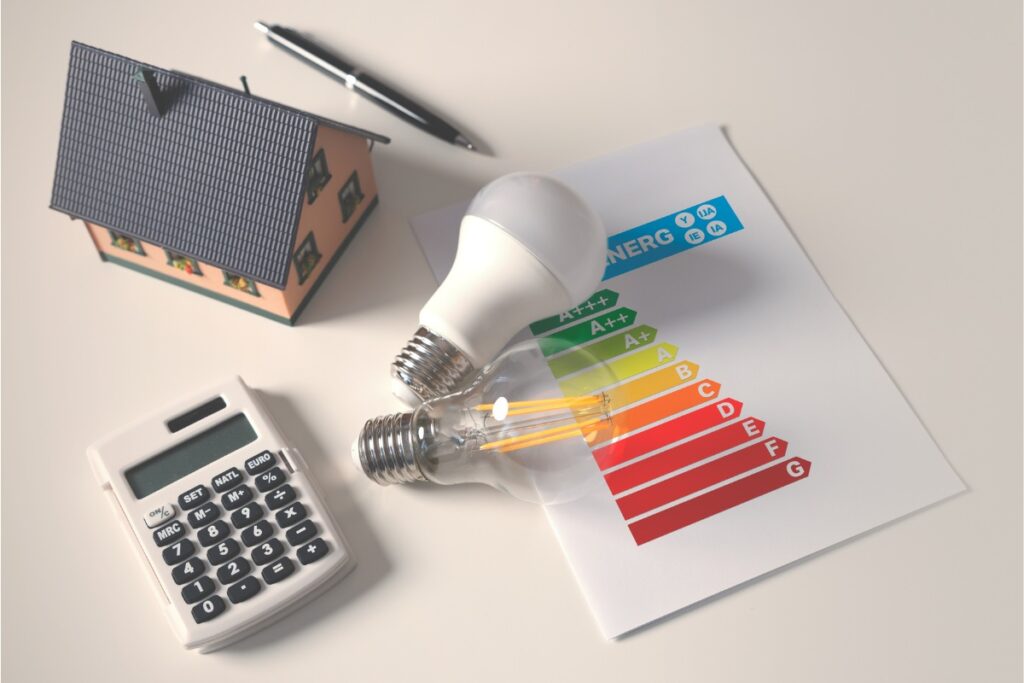- Economy & Budget
How to Reduce Your Electricity, Water, and Internet Bills and Save More

Monthly utility bills can add up quickly, leaving less money for savings and other expenses. However, with a few smart changes, you can reduce your electricity, water, and internet costs without sacrificing comfort.
In this guide, we’ll cover practical and easy-to-implement strategies to lower your utility bills and keep more money in your pocket.
1. Reduce Your Electricity Bill
Electricity costs can be one of the biggest utility expenses, but small changes can make a big difference.
✅ Energy-Saving Tips:
✔ Unplug devices when not in use—many electronics still consume power when turned off.
✔ Switch to LED light bulbs, which use up to 80% less energy than traditional bulbs.
✔ Use a power strip to turn off multiple devices at once.
✔ Set your thermostat to an energy-efficient temperature (cooler in winter, warmer in summer).
✔ Run appliances like washing machines and dishwashers during off-peak hours (late night or early morning).
🚀 Example: Replacing 10 regular bulbs with LED bulbs can save $50–$100 per year on electricity costs.
💡 Tip: If possible, install solar panels to reduce long-term electricity expenses.
2. Reduce Your Water Bill
Water waste increases utility costs and is bad for the environment. Simple adjustments can cut water usage without affecting your lifestyle.
✅ Ways to Lower Water Consumption:
✔ Fix leaky faucets and toilets—a dripping faucet can waste hundreds of gallons per year.
✔ Take shorter showers—each minute less in the shower can save 2–3 gallons of water.
✔ Install low-flow showerheads and faucets to reduce water use.
✔ Use a dishwasher instead of washing dishes by hand, but only run it when full.
✔ Water plants during early morning or evening to minimize evaporation.
🚀 Example: Fixing a single leaking toilet can save up to 200 gallons per day, reducing your monthly water bill.
💡 Tip: Consider rainwater collection systems for outdoor use, such as watering plants.
3. Reduce Your Internet Bill
Internet bills can be expensive, but many people overpay without realizing it.
✅ How to Lower Your Internet Costs:
✔ Compare providers and negotiate for a better rate—loyal customers often get discounts if they ask.
✔ Downgrade your plan if you’re paying for more speed than you need.
✔ Buy your own modem and router instead of renting from the provider.
✔ Check for government or promotional discounts in your area.
✔ Use Wi-Fi calling and messaging instead of paying for high cellular data plans.
🚀 Example: Calling your provider and negotiating can reduce your bill by $10–$30 per month.
💡 Tip: Test your internet speed—if you’re not getting what you’re paying for, ask your provider for a fix or a refund.
4. Adopt Energy and Water-Saving Habits
Your daily habits significantly impact your utility bills.
✅ Small Changes That Add Up:
✔ Wash clothes in cold water—heating water accounts for 90% of the energy use in washing machines.
✔ Use natural light instead of turning on lights during the day.
✔ Turn off ceiling fans and lights when leaving a room.
✔ Dry clothes on a rack or outside instead of using a dryer.
🚀 Example: Air-drying clothes instead of using a dryer can save up to $100 per year on electricity.
💡 Tip: Set up automatic reminders to check for leaks, adjust your thermostat, or turn off unused devices.
5. Consider Smart Technology for More Savings
Technology can help you monitor and reduce utility usage effortlessly.
✅ Smart Home Devices That Save Money:
✔ Smart thermostats adjust temperature settings automatically to save energy.
✔ Smart plugs allow you to turn off devices remotely.
✔ Water-saving irrigation systems optimize outdoor water use.
✔ Energy monitors track which appliances use the most power.
🚀 Example: A smart thermostat can cut 10–15% off heating and cooling costs, saving $150+ per year.
💡 Tip: Many power companies offer rebates for installing smart devices—check with your provider.
6. Review and Adjust Your Utility Bills Regularly
Even after reducing usage, you may still be overpaying.
✅ How to Monitor and Lower Utility Bills Further:
✔ Review your bills monthly for unexpected charges or rate increases.
✔ Call your providers once a year to negotiate better rates.
✔ Sign up for paperless billing and autopay discounts, if available.
✔ Consider alternative energy providers if your area offers competitive pricing.
🚀 Example: Some utility companies offer off-peak pricing plans, reducing costs if you use electricity at specific hours.
💡 Tip: Keep track of how much you save each month—seeing progress keeps you motivated.
Final Thoughts
Lowering your electricity, water, and internet bills doesn’t require major sacrifices—just small, consistent changes.
✔ Unplug unused electronics and switch to energy-efficient lighting.
✔ Fix leaks, install low-flow faucets, and take shorter showers to cut water costs.
✔ Negotiate your internet bill, buy your own equipment, and avoid overpaying for speed you don’t need.
✔ Adopt energy-efficient habits and use smart technology to automate savings.
✔ Review your bills regularly and ask for discounts or lower rates when possible.
🚀 The more mindful you are about utility use, the more you’ll save—start making changes today!






